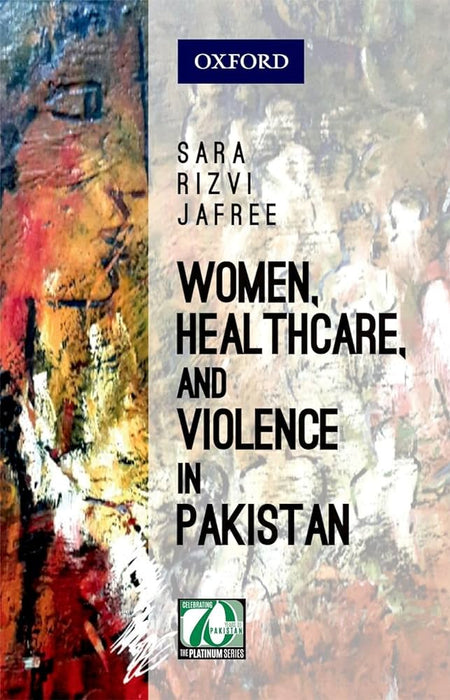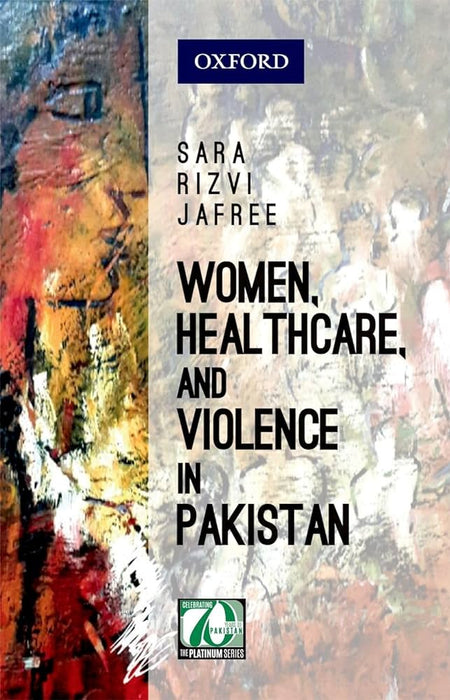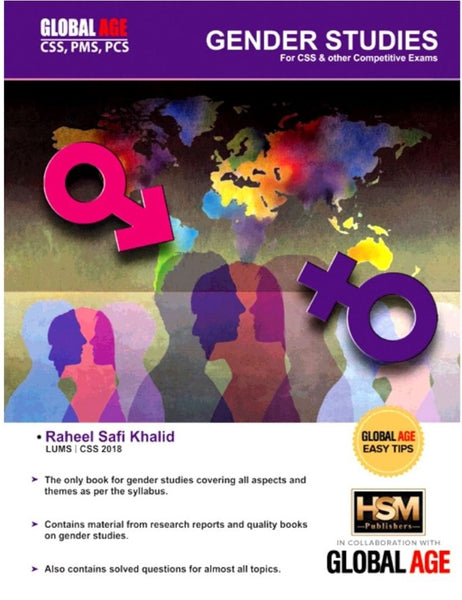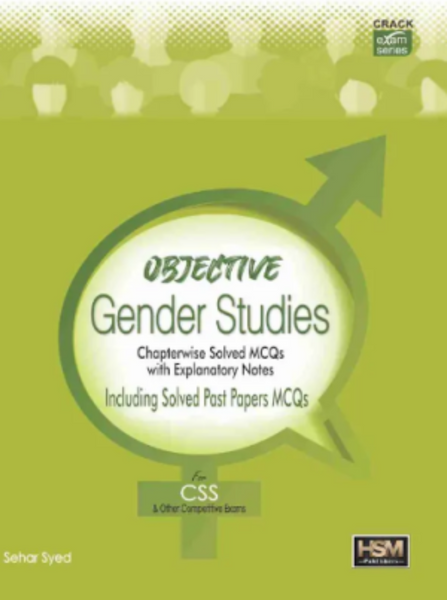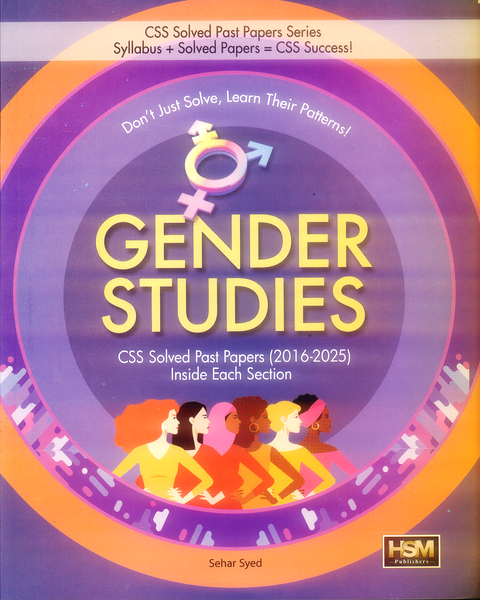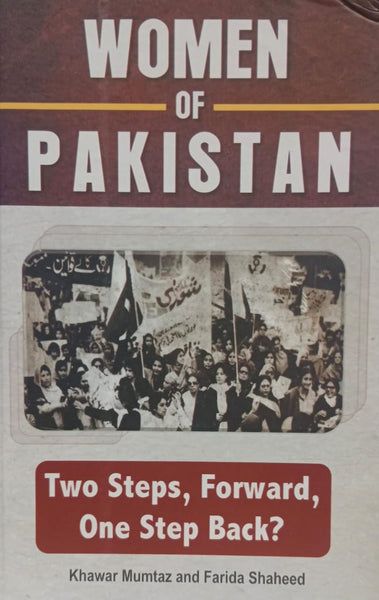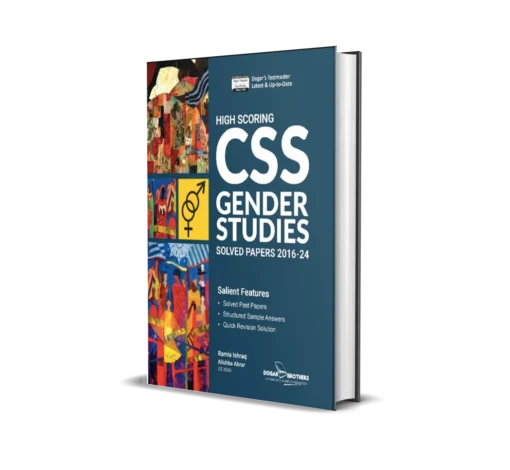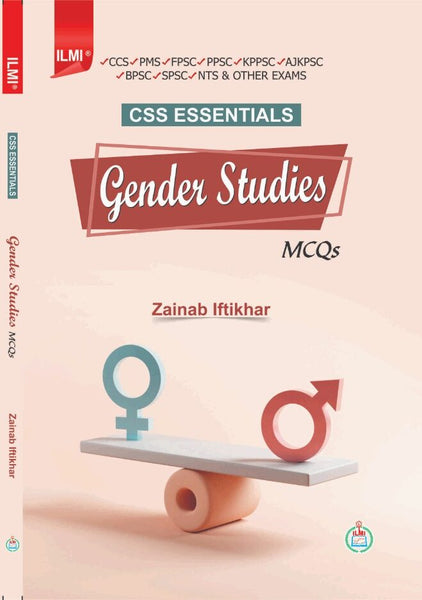Woman HealthCare And Voilance In Pakistan By Sara Rozvi Jafri
- Publisher: OXFORD UNIVERSITY PRESS PAKISTAN
- Availability: In Stock
- SKU: 37847
Rs.850.00
Rs.950.00
Tags: access to healthcare , best books , best books online , Best Price , Best Selling Books , Book Shop , capacity-building , Convenient Shopping , cultural norms , economic dependence , economic empowerment , funding , gender disparity , gender equality. , gender-based violence , global collaboration , healthcare , healthcare access , international support , Internet Shop , legal protections , maternal health , mental health services , Online Book Shop , ONLINE BOOKS , Online Books Shop , Online Bookshop , Online Bookshop Pakistan , Online Shopping Pakistan , Oxford University , Pakistan , Pakistan Bookshop , Pakistan Online Shopping , psychological support , Reasonable Price , Recommended Book , reproductive rights , Sara Rozvi Jafri , Shop Smart Pakistan , Shopping , societal change , stigma , Test Guidelines. Online Shop , Unparalleled Quality Best Price , violence , Virtual Shop , Web Shop , woman , women's autonomy , women's rights
In her groundbreaking work, "Woman Healthcare and Violence in Pakistan," Sara Rozvi Jafri of Oxford University delivers a comprehensive analysis of the intersection between women's health and violence in Pakistan. By examining the multifaceted challenges faced by women in accessing healthcare amidst pervasive violence, Jafri sheds light on the urgent need for holistic interventions to address these systemic issues.
Key Points:
1. Gender-Based Violence: Gender-based violence remains a significant barrier to women's health in Pakistan, with high rates of domestic violence, honor killings, and acid attacks, perpetuating a culture of fear and insecurity among women.
2. Maternal Health: Maternal mortality rates in Pakistan are alarmingly high due to limited access to prenatal and obstetric care, leading to preventable deaths during childbirth and pregnancy complications.
3. Reproductive Rights: Women in Pakistan face numerous obstacles in accessing reproductive healthcare services, including limited access to contraception, unsafe abortion practices, and stigma surrounding reproductive health.
4. Access to Healthcare Facilities: Rural areas particularly suffer from inadequate healthcare infrastructure, with a shortage of trained medical professionals, lack of equipment, and insufficient funding, exacerbating barriers to healthcare access for women.
5. Cultural and Societal Norms: Deep-rooted patriarchal attitudes and cultural norms perpetuate gender disparities in healthcare, limiting women's autonomy in decision-making regarding their health and well-being.
6. Legal Framework: Despite legal protections, enforcement mechanisms for women's rights remain weak, leaving many women vulnerable to violence and discrimination without adequate recourse.
7. Mental Health Services: Mental health services are often overlooked, with stigma surrounding mental illness further marginalizing women in accessing essential psychological support and therapy.
8. Education and Awareness: Promoting education and awareness about women's health issues is crucial in challenging societal norms and empowering women to advocate for their rights and access healthcare services.
9. Economic Empowerment: Economic dependence exacerbates women's vulnerability to violence and limits their ability to seek healthcare services independently, highlighting the importance of economic empowerment initiatives.
10. International Support: International support and collaboration are vital in addressing systemic issues of women's healthcare and violence in Pakistan, through funding, capacity-building, and advocacy efforts on a global scale.
In conclusion, Sara Rozvi Jafri's work underscores the urgent need for comprehensive strategies to address the intertwined challenges of women's healthcare and violence in Pakistan, emphasizing the importance of a multidimensional approach that addresses societal, cultural, legal, and economic factors to promote gender equality and ensure women's right to health and well-being.
════ ⋆★⋆ ═══
Writer ✤ Sara Rozvi Jafri
Publishers ✤ Oxford Publishers

